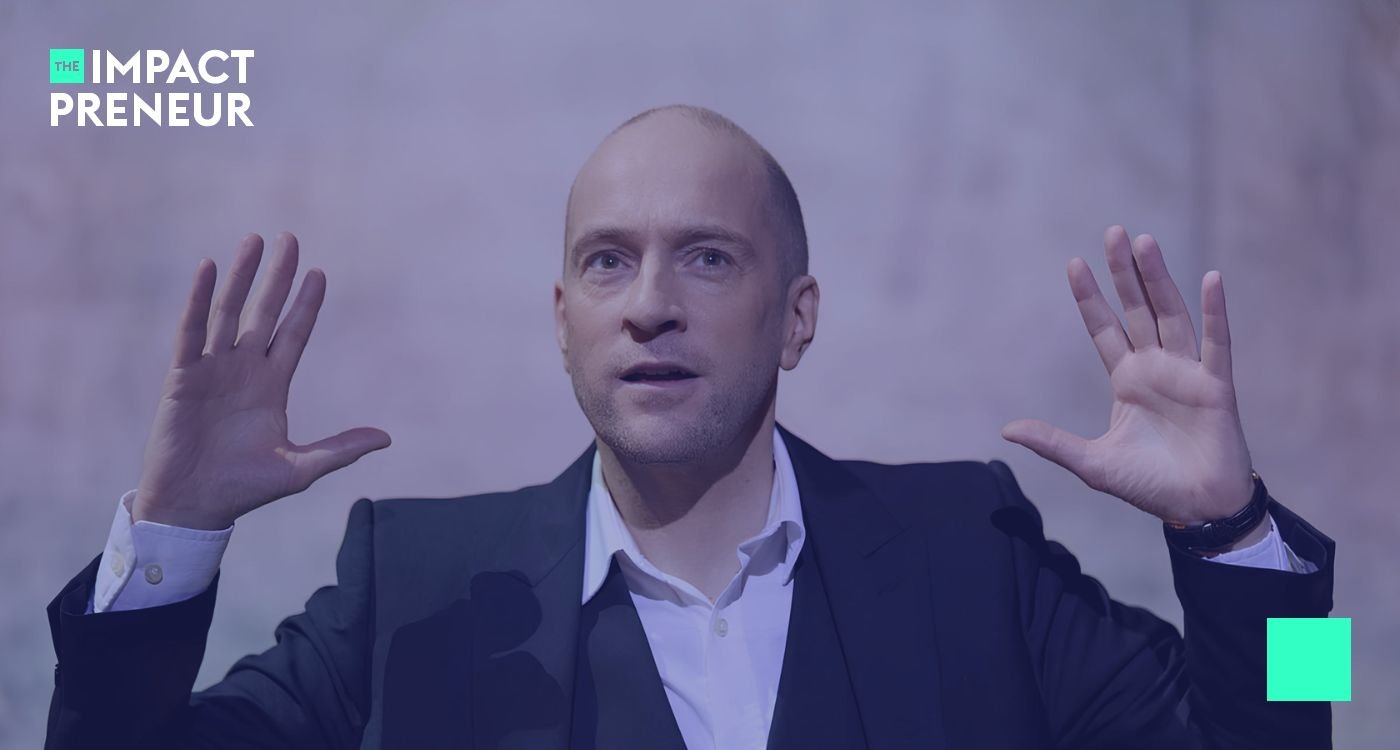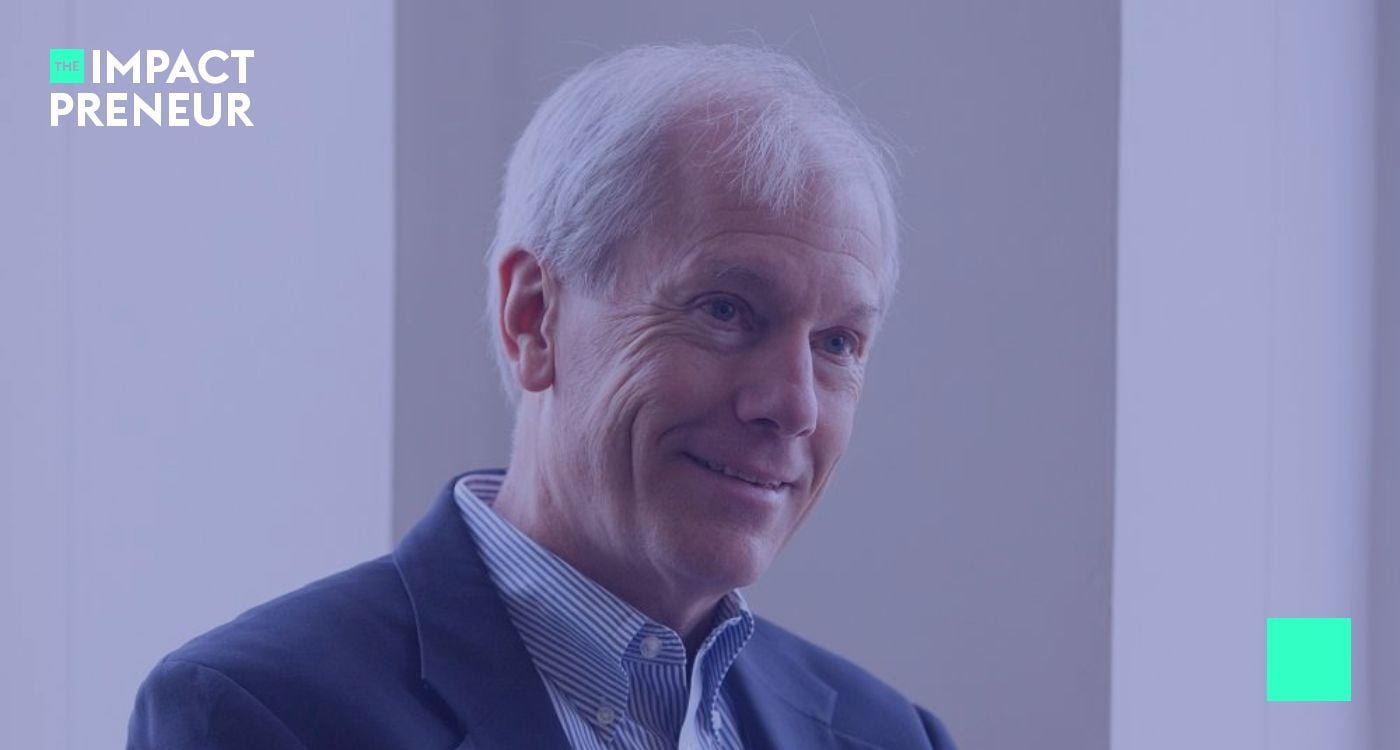Photo by: Cottonbro Studio
In an era where 'connected' often refers to Wi-Fi, not human interaction, loneliness has emerged as an invisible epidemic. But what if we told you that combating loneliness is within your reach, and it hinges on forging meaningful connections? Dive into the essence of loneliness, its impact on our well-being, and discover the transformative power of genuine human bonds.
Quick Bites:
- Loneliness isn't just a feeling; it's a health hazard.
- Meaningful connections are the antidote to our modern-day loneliness epidemic.
- Small gestures can have profound impacts on our sense of belonging.
- Community engagement and quality relationships are your secret weapons against isolation.
Breaking Down Loneliness
Feeling lonely in a crowd? You're not alone. In our hyper-connected world, loneliness has paradoxically become more prevalent. But understanding loneliness is the first step towards addressing it.
Loneliness transcends mere physical solitude; it's a deep-seated feeling of being disconnected, unseen, and unsupported. Despite being surrounded by others, the lonely soul wanders adrift, yearning for genuine connection. Recognizing this distinction clarifies why even the most social butterflies can feel isolated amidst their bustling lives.
The sting of loneliness isn't arbitrary; it's a survival mechanism, etched into our DNA. Our ancestors depended on communal living for survival, and being isolated signaled danger. Today, though our survival doesn't hinge on tribal alliances, our psychological wiring remains. Loneliness signals a need—an urgent call to seek connection, much like hunger implores us to nourish ourselves.
But loneliness isn't just a personal struggle; it's a public health concern. Studies equate the health risks of loneliness to smoking numerous cigarettes daily. It undermines our well-being, exacerbating stress, depression, and a plethora of physical health issues. By understanding its gravity, we position ourselves to tackle it head-on.
Crafting Connections: The Antidote to Loneliness
In our quest to combat loneliness, connection emerges as the linchpin. Yet, in a world championing independence, how do we foster these vital bonds?
To start, recognize the power of reaching out. A simple message to an old friend can rekindle lost ties, igniting a cascade of positivity. These acts of outreach, though small, are foundational steps toward rebuilding our social scaffolds.
Investment in relationships pays the best interest. Prioritize your connections, focusing on depth rather than breadth. In a landscape of fleeting interactions, meaningful relationships offer a sanctuary, a refuge where one can be truly heard and seen. Cultivating such bonds requires effort, patience, and authenticity—ingredients that concoct enduring alliances.
Communities, whether grounded in hobbies, beliefs, or shared experiences, provide a sense of belonging. Engaging with a community not only alleviates loneliness but enriches our lives, offering diverse perspectives and unwavering support. Seek out groups that resonate with your interests and immerse yourself in the collective spirit.
Yet, in our pursuit of connection, we must acknowledge that loneliness can be a formidable foe, deeply ingrained and resistant to change. It beckons us to retreat when we should advance. Counterintuitively, in moments of loneliness, we must reach out, engage, and connect, even when our instincts urge us to withdraw. By consistently choosing connection, we can slowly unravel the grip of loneliness, fostering a life rich in meaningful relationships.
What You Can Do: A Call to Action Against Loneliness
Loneliness, an all-too-familiar foe, lurks within the shadows of our bustling lives. Yet, within our grasp lies the power to vanquish it, armed with empathy, connection, and community. Embrace these tenets, and watch the walls of isolation crumble, revealing a world brimming with warmth and camaraderie.
- Initiate Connection: Challenge yourself to reach out to someone each week. Whether a long-lost friend or a new acquaintance, break the ice and initiate a dialogue.
- Deepen Bonds: Select a relationship to deepen each month. Engage in meaningful conversations, share experiences, and show genuine interest and empathy.
- Join a Community: Identify a group or community that aligns with your interests and commit to regular participation. Immersion in shared experiences fosters connection and combats loneliness.
- Practice Gratitude: Acknowledge and appreciate the relationships in your life. Expressing gratitude strengthens bonds and nurtures a supportive network.
- Seek Support: If loneliness feels overwhelming, consider professional guidance. Therapists and counselors can provide strategies and support to navigate and overcome pervasive loneliness.
The antidote to loneliness resides not in solitude, but in the rich tapestry of human connection. Let's weave these threads together, creating a world where no one has to stand alone.
Questions on the Topic
Q: Is being alone the same as being lonely?
A: Being alone is like choosing to dive into a good book in peace, savoring the solitude. But loneliness? That's the ache of feeling disconnected, even in a crowd. It's that gnawing sensation screaming, "I need my tribe!" Think of it this way: a hermit by choice revels in solitude, finding joy and purpose. Loneliness, on the other hand, is like being at a party where you know no one, and even the food tastes bland.
Q: Why is social connection touted as a key to happiness?
A: Studies reveal that relationships keep our smiles wide and our health in check. It's not about your bank balance or your selfie game. It's the warmth of genuine bonds that counts. So next time you chuckle over coffee with a friend or share a bear hug, know that you're not just making memories; you're weaving a stronger safety net for your well-being.
Q: How does social isolation affect our well-being?
A: Feeling lonely isn't just a mental ordeal—it hammers away at your physical well-being too. Studies have drawn parallels between the isolation blues and serious health no-nos, like an uptick in illnesses or even a dip in lifespan. Ever heard of the saying, "Loneliness can be as lethal as smoking 15 cigarettes a day"? Yeah, it's that serious. Dr. Vivek Moorthy even backs this up with research. Yikes, right? Imagine loneliness puffing out smoke rings of health hazards, akin to an unseen cigarette. It's not just about feeling blue; it's about your body ringing alarm bells, saying, "Hey, something's off here."
Q: What's the deal with loneliness and evolution?
A: Picture this: your ancestors, roaming the wild, always in packs. Why? Because there's safety in numbers. Fast forward to today, and our brains are still wired to seek out connections. Feeling lonely? That's your internal alarm system going off, saying, "Hey, we need the pack for survival!" It’s a built-in mechanism to prevent us from being the lone wolf that strays too far. So, when you feel that ache of loneliness, it's not just emo vibes; it's a call to action from the depths of your evolutionary past.




